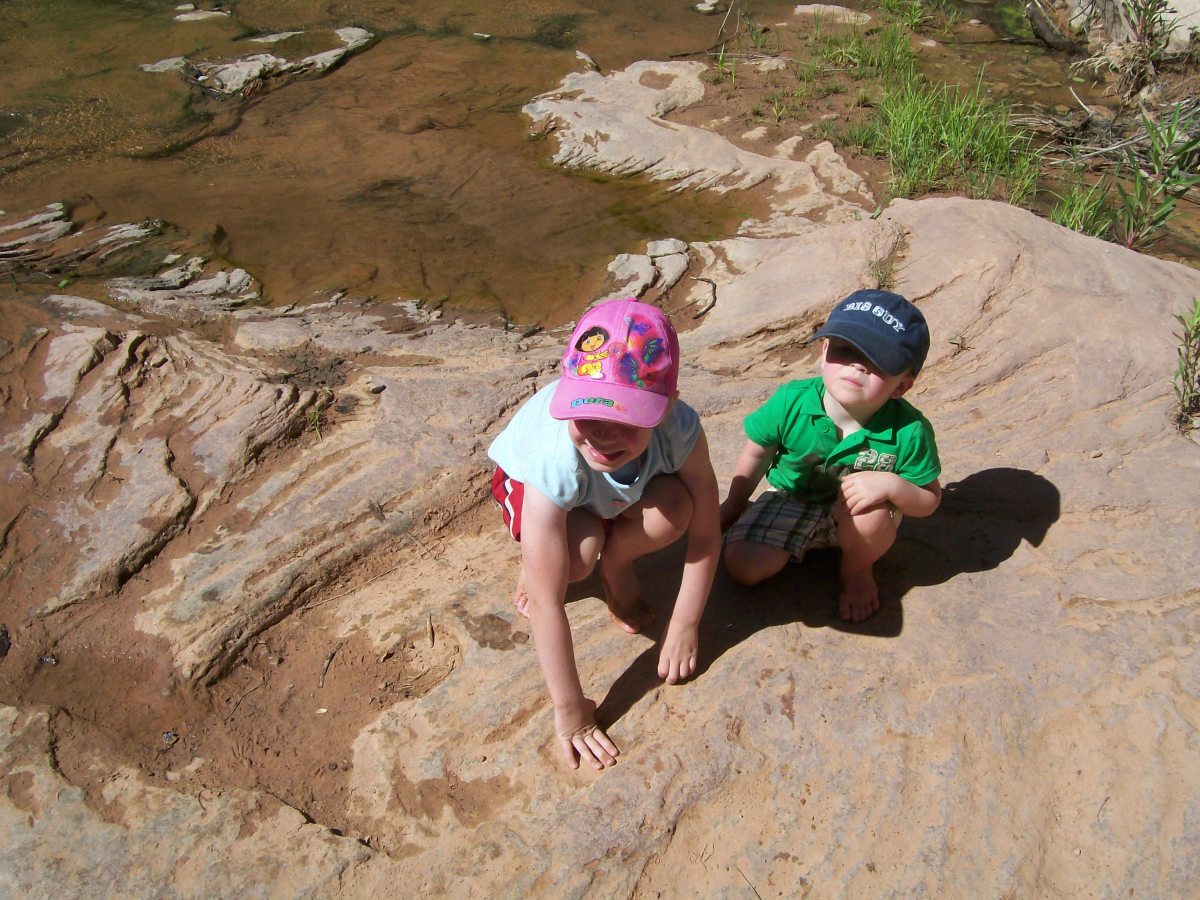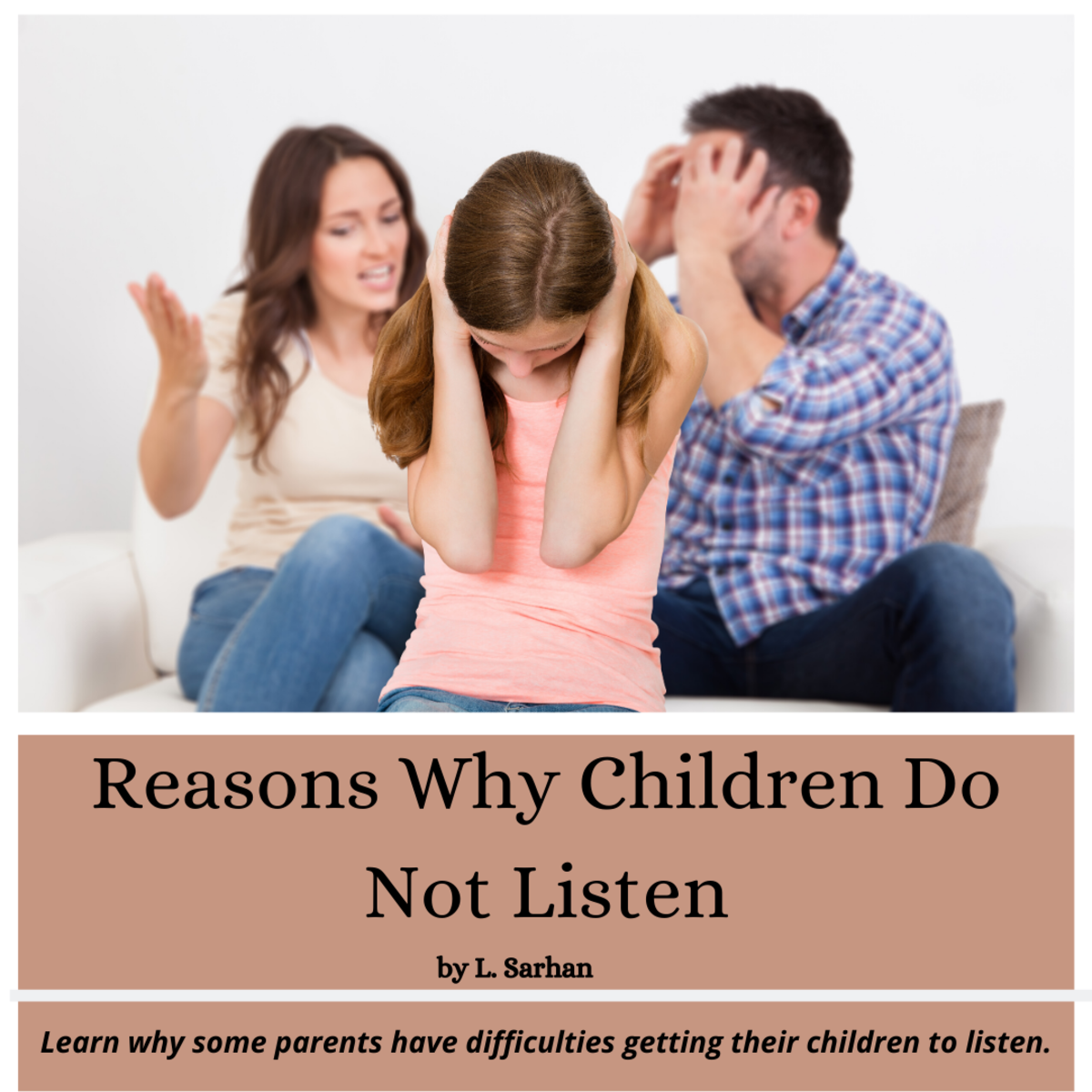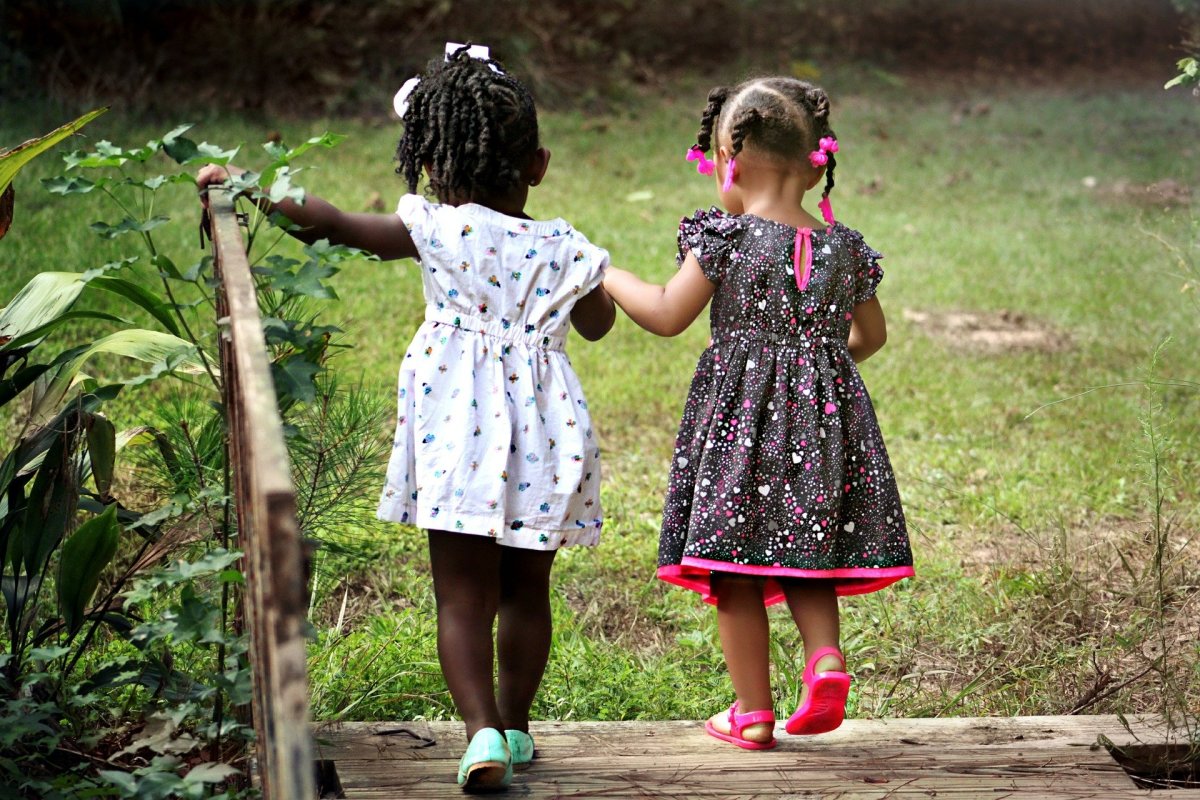Tips for dealing with difficult behavior in children
Do you feel like this?

...or this?
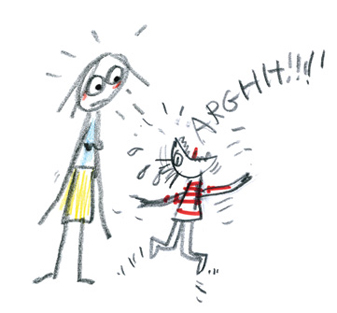

Have you begun to have fantasies about what it would be like to run away somewhere far, far away? Have you found yourself not liking your child much? Have you debated whether allowing your kid to run roughshod over you for the rest of their (or your) natural life, because it seems like a better option than having to go through another 3 hour screaming match in order to get a pair of socks on?
All of these are signs of what I call "parent burnout" - yup, parent's get it too (& no-one tells ya about it beforehand). The above responses are usually from parents who are desperate, defeated and wracked by guilt that somehow they could have done something differently. It's always caring, concerned parents who get most frustrated because, well, they care. While society may find it easier to say that parenting causes children's behavior, and yes, there is a part of that that is true, children who show extreme behaviors are, by definition not fitting within that range that most people fit in.
When this happens physically we call it an illness, an injury or a disease - when it happens behaviorally, - it's parental. While I absolutely don't want to minimize the importance of good parenting in providing resilience for kids, when children show really extreme behaviors when there is no sign of abuse within the family, parenting skills are average and a medical diagnosis is ruled out, there is a pretty high likelihood that there is something wrong with them beyond poor parenting techniques. Children are not as eloquent with words - that's an adult realm (remember talking about the c-a-n-d-y in front of the kids?). Kids talk with their behaviors - and generally for far longer than we really think they do or should.
Given that our frontal lobes, the area most important in initiating, directing and inhibiting behavior, as well as controlling functions like planning, integrating information, abstract thinking, ability to anticipate consequences and understand another's perspective, only finish developing in our 20's, it's actually pretty surprising that adolescents do as well as they do and don't get into far more trouble. The thing is, we'd like these skills to develop a little earlier - say around 8 - because it would make our lives a lot easier if kids would start getting responsible, get the rules and generally get with the program - but biologically, it's never going to happen, and that's probably something worth keeping in mind the next time your kid gives you a blank look in response to "What in the world were you thinking.....???!!!"
So, given that kids talk with their behaviors we now have a new perspective on understanding why kids do the sometimes incomprehensible things that they do.


Reads and resources on difficult behaviors
Setting the stage
The first step in understanding behavior is understanding something about it - what motivates it, what rewards it, what stops it, what starts it. Make a daily behavior chart and mark down good days (or hours) and bad ones, put as much detail as possible, even if it doesn't seem relevant at the time, describe in as much detail as you can how you were feeling before, during & after the meltdown and how you dealt with it. Try not to be judgemental, this is to get information, not criticize you.
Keep doing this for several weeks and see if you begin to see a pattern - mornings, afternoons, when grandma comes round, when she doesn't, behaviors around you, behaviors around others. Try to assign each day an overall 1-10 value with 10 being a super, fabulous, excellent day and a 1 being when you are at the end of your tether. Chart these over the month (there are also several websites which offer this feature - mypsychtracker.com being one of the better) - and see what you notice - look at your own chart too - because parental emotions, whether directly expressed to a child or not, have a big impact. Does your child have a harder time when you are feeling tired and anxious? Next write down the top 3 behaviors of concern. Don't just say "your attitude", kids really have no idea what that means, you have to describe it as if you were telling someone you met from Mars - get the kids to help you, they generally dig the Mars bit.
So, perhaps your issue is that when you ask Johnny to clean his room he rolls his eyes, pouts and huff & puffs. now define what you would like him to do instead (one of the most common mistakes parents make, is not providing a positive replacement behavior), so "when I ask you to clean your room I would like you to put down what you are doing, look at me, acknowledge my existence (yes, you need to be that specific sometimes) and give me a direct (verbal) response." Then - the what's in it for me part...if you are able to do this, I will give you (5 points,15 minutes on the computer, front seat in the car, channel choice etc), if you then also go and do your chore (defined as.....) with only 1 reminder, you will earn (x amount of points/reward of your choice).
So, you've defined what you want, what you don't want, and what reward will follow positive behaviors. Now, take your behavioral and mood data and go over it with your best friend, your spouse etc to look for patterns and brainstorm If every third week is a meltdown - now you can anticipate the likely difficult days and be proactive - a little less stress that week, schedule things like trips to the library on good weeks etc. If you are still having difficulties take your behavioral chart, ideas you've come up with, patterns you've noticed, things you've tried and what has and hasn't worked to your pediatrician. Most doc's, when confronted with a parent who has seriously done their homework and can provide good data like that (trust me, it's invaluable), will be willing to work with you too - and if you still get blown off - go somewhere else.
While I have definitely seen parent's who are overly anxious about their children, much more often I see frustrated, frightened, beaten down parents who have been told over and over again that they are being too concerned, when in fact, prompt and early intervention would have saved everyone much hassle, heartache, and money! If your child has ongoing (longer than 6 months) behavioral issues which really seem out of the norm, get a referral to a mental health professional. If your child's arm didn't grow properly you'd get a referral to an orthopedist - you need a referral to a specialist.

Dealing with unruly behaviors
If you have ruled out an emotional/psychological disorders then consistency and general behavioral techniques should help get most kids behaviors under control. For more step by step information, please refer to my hub on developing a behavior management system http://hubpages.com/hub/Developing-a-behavior-management-system-for-kids

Books on kids and lying
Web resources
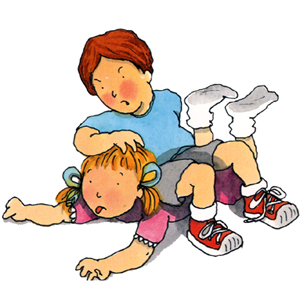
Dealing with lying
Lying is a really difficult behavior for parents to deal with because it's so personal. Kids lie for different reasons, as do adults and much of reason is often developmental in nature. Really little kids lie because their sense of reality and fantasy are not as defined as ours and to them being a princess is really possible. Young kids also often use their toys as alibi's and engage in much fantasy play.
Some lying is normative, kids are testing out and developing their concepts of true and not true and are gauging other's reactions to see if this is an acceptable form of social behavior (so be careful of those little white lies around your kids). Kids are also naturally eager to please and don't want their parents to be disappointed to angry, so they often tell you what they think you want to hear or what they think will get them out of trouble.
These lies are usually pretty obvious (..and just how did chocolate cookie crumbs get on your face then?) - and most kids, when pressed will admit. Up until about 6 years old, unless the lying is extremely frequent or severe, it will probably pass. More extreme or ongoing lying is of concern, more because it suggests a possible delay in development than because it's an inherently bad behavior. Children are also great imitators, so be sure they're not copying an older, admired playmate.
It's also important to try to figure out what is underlying this behavior - is it fear of consequences? if so, you might want to rethink some of your consequences. Generally speaking, kids don't put a lot of thought into lies, they're often spontaneous and related to trying to get out of trouble. More complex and sophisticated lies are more cause for concern. Unfortunately, a lot of the really good reason's for not lying are somewhat abstract and a bit beyond, certainly younger kids. As I mentioned earlier, most kids know enough to be able to parrot back what they think you want to hear, but really don't understand why their behavior is undesirable.
Most kids don't lie out of spite, they lie to cover their butt and most of the time, they really don't think about the potential consequences. Until adolescence, and sometimes later, many children are able to focus on only one aspect of a situation at a time, a phenomenon known as centration. This is why it is so difficult for young children to understand how a mother can also be a daughter and a sister. The problem with focusing on only 1 aspect of a situation, is that you miss the forest for the trees.
A lot of kids lie because they really can't conceptualize that their behavior may have an impact on other people. Kids live in the moment, it's really more a matter of....ooops, I'm in trouble, what can I do?, than realizing the ripple effect of their actions. If this seems to be the case with your kid, try walking them through your everyday decision making processes step by step so that they begin to get the gist of it, - and praise, praise, praise even the slightest hint of change.
Make sure your explanation is age appropriate - a 4 year old, no matter how smart, does not understand "mommy's disappointed in you." Try "when you do x behavior, mommy feels sad" as this more likely to be understood. With an 8 or 9 year old, who is beginning to understand that if you lie it can have interpersonal and social consequences you can appeal to their desire to please and to get to do "big people" tasks by explaining that if you lie people are not going to be able to trust you and let you be responsible like an adult. By the time a child reaches adolescence they should be able to anticipate several steps ahead and predict consequences, at least in a rudimentary way. If lying becomes really severe or is ongoing, I would highly recommend getting an assessment by a mental health professional to ensure that there is not some co-existing disorder.


Was this information helpful?
Web resources
- Welcome to Attachment Parenting International
Provides a great overview and ideas based on attachment parenting. Great information and resources available. - Mind-minded parenting: How mental state talk helps kids learn about other minds
Mind-minded parenting assumes that kids have thoughts and feelings of their own. Does this approach promote secure attachments and theory of mind skills? - Hitting and kicking
Provides resources and advice on what to expect developmentally as well as how to deal with challenging behaviors. - Parenting Help - Free Tips, Advice, Resources And Guidance - Parenting.org
Parenting.org, a service of Boys Town, offers free parenting help, tips, advice, guidance, support and resources for discipline problems, behavior troubles, school issues and much more!




